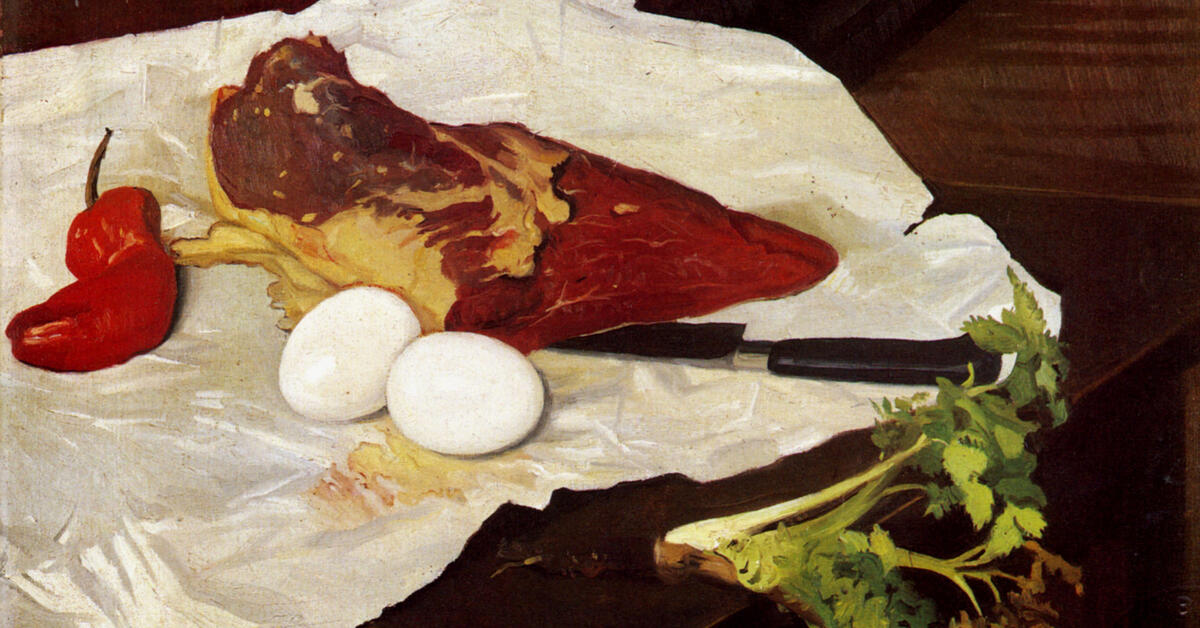- Liittynyt
- 17.8.2006
- Viestejä
- 15 605
- Ikä
- 34
Highlights
• High intakes of dietary fiber and whole grains are associated with positive effects on metabolic health while diet high in sugar and refined carbohydrates have negative effects on cardiometabolic health.
• Consistent evidence indicates that low fat and low carbohydrate diets at comparable energy levels have similar effects on body weight.
• No firm conclusion can be drawn regarding low carbohydrate diet and diabetes control. Short-term dietary studies with low carbohydrate diet was associated with better fasting glucose and lower Hemoglobin A1c. However, with a longer follow-up, there was no benefit with low carbohydrate diet and diabetes control.
• There is association between carbohydrate quality and cardiovascular outcome and mortality. Diet high in fiber and whole grains were associated with reduction in mortality and cardiovascular events.
• Eat your veggies

 www.sciencedirect.com
www.sciencedirect.com
• High intakes of dietary fiber and whole grains are associated with positive effects on metabolic health while diet high in sugar and refined carbohydrates have negative effects on cardiometabolic health.
• Consistent evidence indicates that low fat and low carbohydrate diets at comparable energy levels have similar effects on body weight.
• No firm conclusion can be drawn regarding low carbohydrate diet and diabetes control. Short-term dietary studies with low carbohydrate diet was associated with better fasting glucose and lower Hemoglobin A1c. However, with a longer follow-up, there was no benefit with low carbohydrate diet and diabetes control.
• There is association between carbohydrate quality and cardiovascular outcome and mortality. Diet high in fiber and whole grains were associated with reduction in mortality and cardiovascular events.
• Eat your veggies

Carbohydrates: Separating fact from fiction
The role of carbohydrate in a healthy diet has been controversial. The confusion over carbohydrate has come from the long standing limitation of dieta…
 www.sciencedirect.com
www.sciencedirect.com







